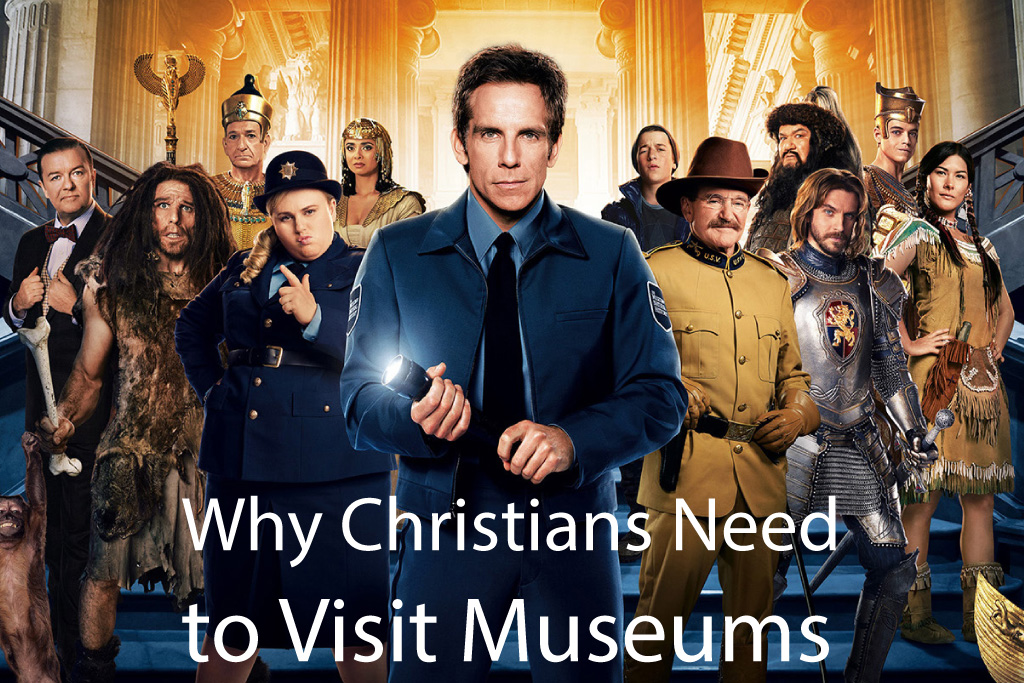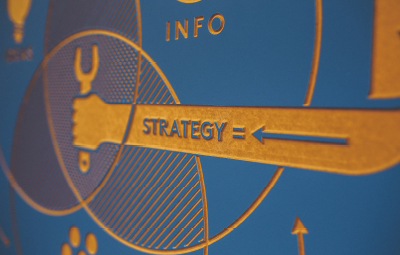
Our world is shaped by innovation - the newest iPhone, the latest Netflix show or the most current social media app. It's hard to imagine a world without these devices, but iPhones have only been around since 2007, unlimited streaming on Netflix came the year after and Facebook is a young company at just eleven years old. The world before this unlimited access to information now seems archaic, but staring at "devices" all day can prevent us from seeing the bigger picture. The bright light of the screen can be more than a little blinding.
Fortunately, there are remedies for this. Increasingly, many American families have employed restraints like digital curfews, no more screen time after, say, 9 PM. Others make a more substantial effort to reconnect with the larger community by joining clubs or leagues. Museums, however, offer us the best opportunity to shed our often streamlined worldview to better connect with history and understand current events in a way that can impact and shape our lives. While technology has made amazing advances that have changed the way we learn about the world, nothing can come close to the total immersion we can experience at a museum.
In Washington, D. C., considered by some to be the museum capital of the world, museums are so much more than buildings full of dusty old artefacts. They are finding new ways to be innovative by combining technology with cultural heritage and education to bring us the best of both worlds.
A perfect example is the new Museum of the Bible in Washington, D.C. which will house some of the rarest and most important artefacts related to the Bible. It opens in 2017, two blocks from the National Mall. The Museum founders hope it will be a place for people to "engage with the Bible" not only through artefacts, but also through a multimedia production of the biblical narrative and with spaces that discuss the impact the Bible has had on the world through the ages.
Even though we live in a world of unlimited streaming, there are some things we just can't find on the Internet. Turning to museums to better understand events of today lets us not just sift through endless browser pages, but implant ourselves at the root of an issue and examine it from multiple angles. They offer insight on present-day issues, along with exhibits that are just plain fun and interesting.
Museums help us pause and look back amid a culture that is always looking ahead to the next innovation. That's exactly why we need more of them.










































































